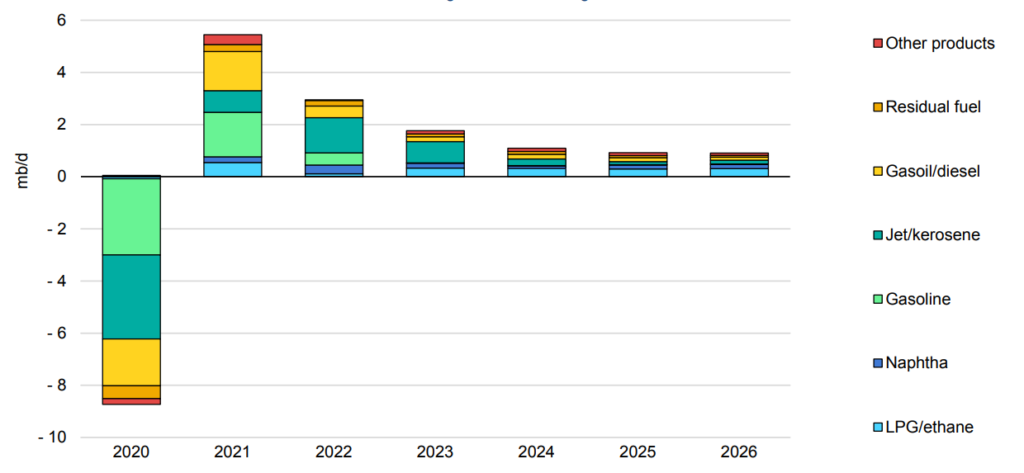The UK faces a significant ‘energy gap’ in the coming years, as supplies of North Sea gas run out and we become more dependent on other nations for our energy supplies. In 2006 the UK switched from becoming a net exporter of gas to a net importer and the trend is set to continue. Renewable energies, such as solar and biomass, provide an opportunity to retain control over our energy supplies and combat climate change.
Introduction
Conventional agriculture faces pressure to change from a host of factors, but these come with a number of incentives and potential benefits. The issue of energy security creates yet more pressure for farmers and growers to change and adapt the way we operate, but also offer some of the greatest incentives, as those who adapt can really benefit from the rewards on offer.
Energy security – nationally and on your farm
Global stocks of fossil fuels are declining, including the UK’s. The UK is in danger of becoming dangerously dependent on unstable parts of the world for its energy supplies. Only a few years ago the world watched as countries in Eastern Europe were put under massive strain by their dependency on external oil and gas supplies, and the power this gave the supplier.

In 2019 UK imports and exports of energy were both lower than previous years, with net imports totaling 35.2%. Of the energy usage in the UK 78.3% was from fossil fuel usage – however there was a 59% reduction of coal production. Renewable energy production is increasing, and in 2019 met a record high 37.1% of total UK energy generation.
‘Peak Oil’
The world’s most used form of energy is oil – we put it in our cars everyday, use it as the basis of plastics and chemicals, and burn it to create heat and light. However global supplies of oil, many experts predict, have either peaked, or will do so shortly, with a decline in supplies to a fraction of current output after this.
The graph below shows different projections for world oil supplies, from a range of sources, including major oil companies, and shows output declining significantly this decade. Figures from the International Energy Agency (IEA) indicate that conventional oil supplies peaked in 2006 and continued growth in supplies will be required from unconventional, and therefore more expensive, supplies – read the report here.

It has been predicted that 79.4% of remaining oil reserves are within OPEC member countries, with the majority of this total being found in the Middle East. Recent discoveries have been found with the assistance of increasingly specialised technology allowing access to oil fields previously deemed as inaccessible.


The one constant for any business, largely taken for granted, is the smooth supply of power for machinery, lights, heat and transport, therefore any interruption in supplies could disrupt the entire economy, but especially energy intensive industries such as farming. How would you respond if you could no longer run your machinery or light your buildings?
What you can do about it
Unlike many other businesses, farms have the opportunity to take action and generate financial and business benefits. Integrating renewables on a farm is not only one of the best diversification tools available, but also offers protection from energy prices and supply problems – read more in the energy generation section of the toolkit.
Further information:
Read more about energy security and peak oil here
For a list of links to further websites please click here

